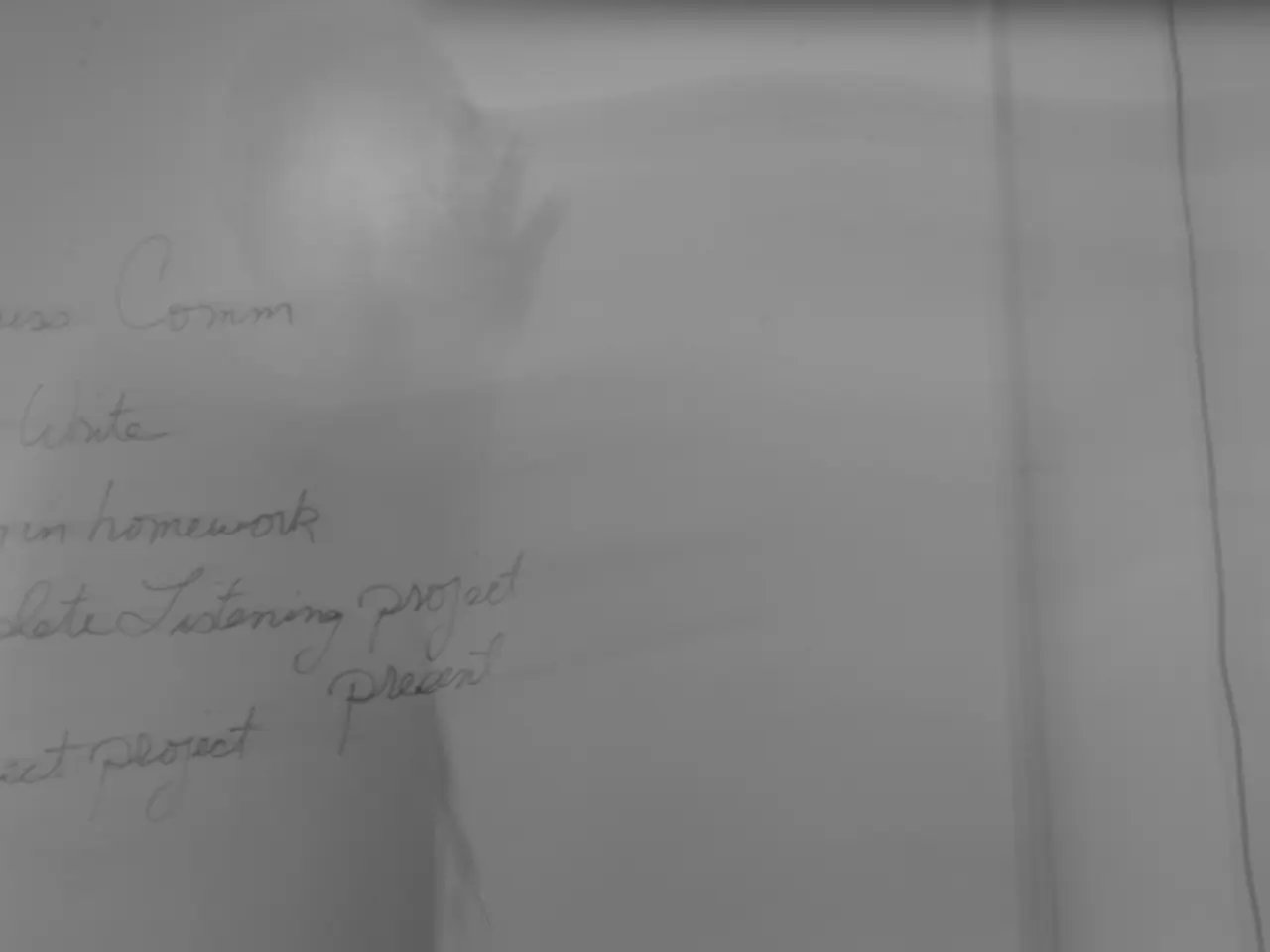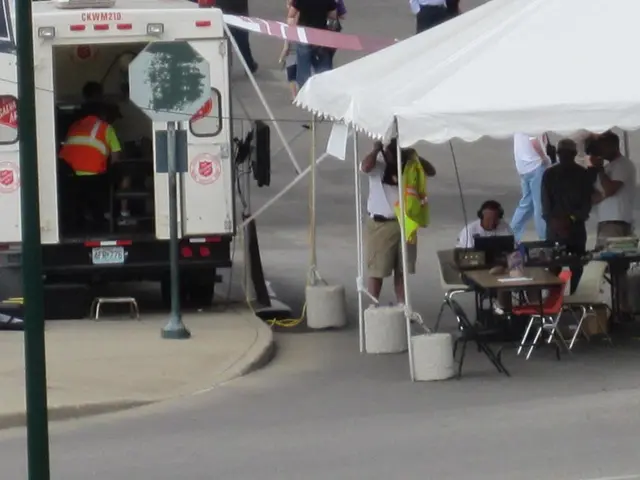Expanded Scope of Injuries Covered by RICO in Supreme Court Decision
The Supreme Court of the United States has made a significant decision that expands the scope of civil Racketeer Influenced and Corrupt Organizations Act (RICO) claims. In a 5-4 ruling on April 2, 2025, the Court affirmed the Second Circuit's decision in Medical Marijuana, Inc. v. Horn, allowing plaintiffs to seek treble damages for business or property loss even if the loss resulted from a personal injury.
In the case, Douglas Horn, a truck driver, was terminated after ingesting a product containing illegal THC and sued the product manufacturer for a civil RICO claim. The Second Circuit reversed the district court's decision and held that an individual's employment is considered a "business" under RICO.
Justice Amy Coney Barrett authored the majority opinion, while Justices Clarence Thomas and Brett Kavanaugh filed separate dissenting opinions. The Court focused on the ordinary meaning of "injure" in the context of § 1964(c) and concluded that a plaintiff has been "injured in his business or property" if his business or property has been harmed or damaged. The Court rejected the manufacturer's attempt to confine the meaning of "injured" to the "invasion of a business or property right."
The Supreme Court's holding increases the risk of treble damages for defendants and may weaken defendants' ability to dismiss RICO claims without extensive discovery. However, it potentially broadens the appeal of civil RICO as a strategic vehicle to seek enhanced damages beyond state law remedies for plaintiffs.
Justice Thomas suggested that the Court should dismiss the writ of certiorari as improvidently granted because the parties had failed to brief a threshold issue: whether Mr. Horn had even suffered a personal injury to begin with.
The ruling significantly impacts civil RICO claims by holding that plaintiffs can seek treble damages under RICO when personal injuries lead to business or property losses. This ruling resolves a circuit split on this issue, expanding the scope of injuries entitled to treble damages under RICO.
However, the Court left open some questions about the precise definition of "business" and limitations on claims, leaving further development to lower courts. As a result, RICO may see an increase in lawsuits alleging derivative injuries to the person, carrying substantial incentives to plaintiffs and risks to defendants. Clients should be aware of these risks and countermeasures prior to commencing costly discovery.
RICO was enacted to provide legal recourse for individuals or entities harmed by organizations engaged in racketeering activity, which encompasses most criminal statutes, including mail and wire fraud. The Court's decision in Medical Marijuana, Inc. v. Horn underscores the potential for expanded use of RICO in personal injury cases with associated economic losses.
- In the wake of the Supreme Court's decision in Medical Marijuana, Inc. v. Horn, businesses operating in industries with a high risk of personal injury may face an increased financial risk due to the potential for treble damages under RICO claims.
- As a result of the Supreme Court's ruling, finance professionals must be prepared for an influx of RICO lawsuits seeking treble damages, particularly in cases where personal injuries lead to business or property losses, and should advised their clients accordingly.







